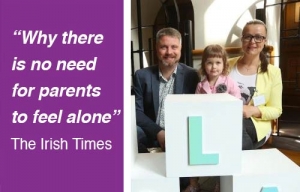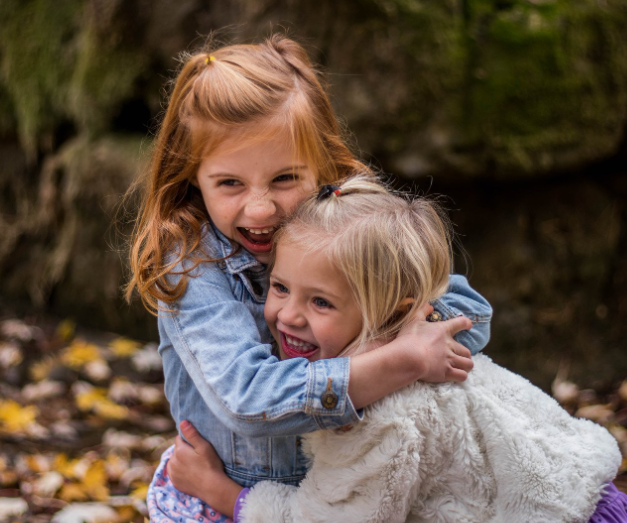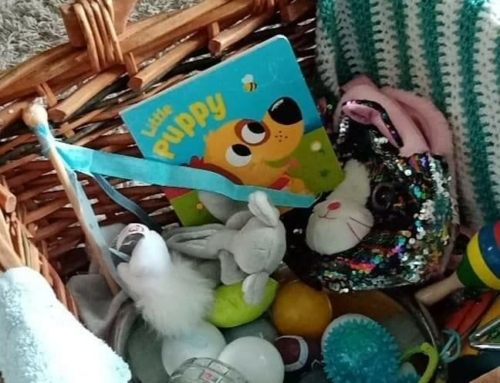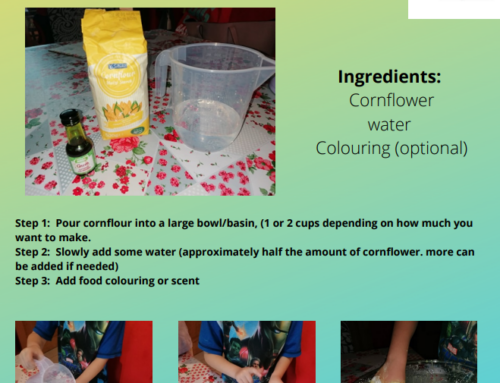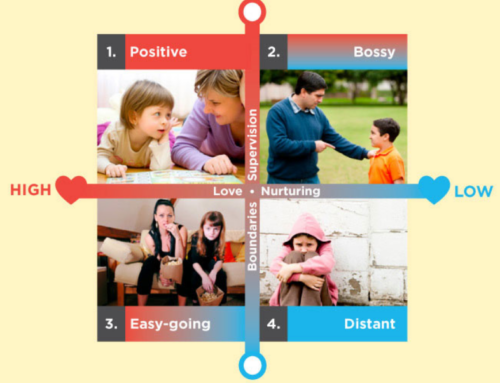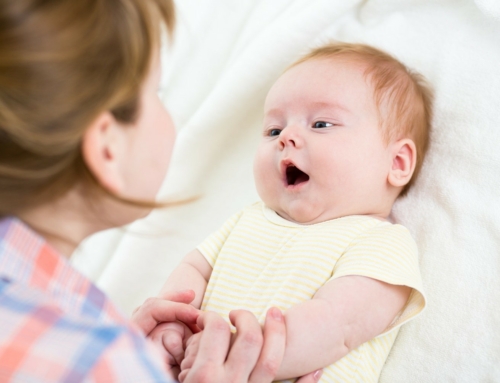How Labels can affect our Children
There are many types of labels that we as parents/carers give our children, these can be terms of endearment or are said at times of huge frustration or stress. Nonetheless they can have a huge impact on a child, whether meant or not.
Can you remember back to being a young child, where you ever described by an adult in a particular way? How did this make you feel, perhaps it is something that has stayed with you until this day. Things like… She’s so clumsy; he’s very lazy; here comes trouble! She’s bad; stupid; fussy…so many negatives. A young child believes every word you say, you are their carer, their first teacher, they have no reason not to trust you. So when you say ‘the sky is blue’ or ‘you are bad’ that becomes their truth and can become harmful to their self-worth.
Not all labels are negative, ‘she is so good’ ‘he is really clever’ or ‘she’s the best dancer in her class’. Yes, praise is great and nothing boosts confidence and self-esteem quite like hearing how good you are at something. However, if the same phrase is repeatedly used, it loses its appeal and creates expectations. Thus putting pressure on your child to reach certain standards that may not always be achievable.
How often have you heard this kind of conversation? ‘Jimmy started walking before his first birthday, I don’t know what’s wrong with Anna, she’s almost thirteen months now’. Parents often compare siblings, creating competition. Quite often this can be a running joke within the family, where we have the smart one, the creative one or the clumsy one. These labels can also cause some friction, as occasionally depending on personalities, a person can be described as stubborn, whereas someone with the exact same qualities may be considered determined.
This is very common between genders – a girl may be thought of as gentle whereas a boy is soft. In our Shaping Ourselves and Our Children programme, we look at ‘what adults say, what children hear’ which believe it or not are two completely different things! One that always resonates in my mind is ‘big boys don’t cry’. Children hear that it’s not okay for boys to express their emotions, which may be a contributing factor to the increase in mental health issues in men. However I do believe attitudes are changing and this is no longer the case. We need to encourage our sons/brothers/partners to open up and talk about their feelings, without it being seen as a sign of weakness.
All children have different personalities and qualities. It is important to embrace and encourage these. What you may find ‘challenging’ now in your child could lead to a very successful career in the future. This is what I tell myself after answering a thousand questions from my ‘inquisitive’ 6 year old before lunch!
In summary it is important to be mindful of the following;
- The type of label – is it positive or negative
- The tone or manner in which the label is expressed
- How often the label is used
- How your child reacts to the label used
This information is taken from issue 39 of our ‘Growing Child’. If you like our blogs, please share.

